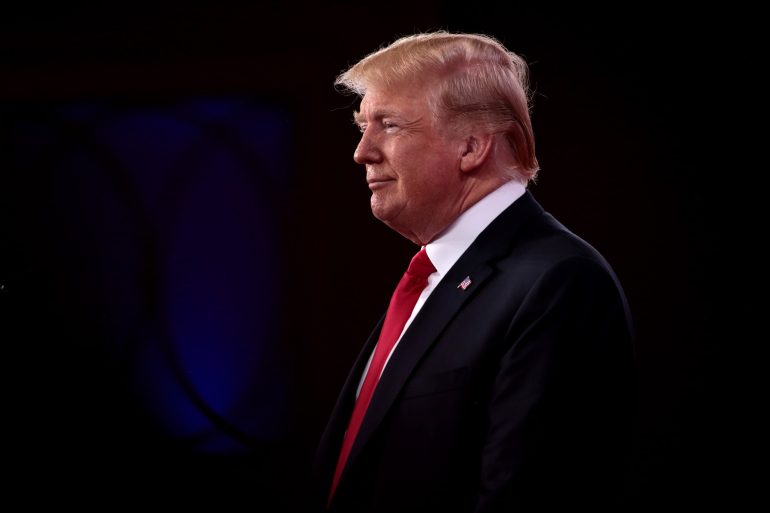In a significant policy shift, the Trump administration is reportedly now moving to revise fuel economy standards, asserting that the changes will make vehicles more affordable for American consumers.
The Department of Transportation (DOT) announced plans to reset the Corporate Average Fuel Economy (CAFE) standards, which govern how far vehicles must travel on a gallon of fuel.
This decision is part of a broader strategy to enhance vehicle affordability and manufacturing within the United States.
Transportation Secretary Sean P. Duffy emphasized that the previous administration’s approach to CAFE standards had improperly transformed them into a mandate for electric vehicles (EVs), which he claims led to increased prices for new cars and compromised safety.
“Under President Trump’s leadership, we are making vehicles more affordable,” Duffy stated, highlighting the administration’s intent to align fuel economy regulations with legislative intent.
The CAFE standards, first established under the Energy Policy and Conservation Act (EPCA) of 1975, were designed in response to the oil crises of the 1970s.
Their goal was to encourage automakers to produce more fuel-efficient vehicles, thereby conserving energy for American consumers.
The DOT noted that the original purpose of the program was to ensure a variety of efficient vehicle options were available, not to impose a specific technology choice on consumers.
In a statement, the DOT clarified its commitment to resetting the CAFE and medium and heavy-duty fuel efficiency programs in accordance with legal requirements.
This move aims to align regulatory practices with the current administration’s vision, ensuring that the standards reflect both compliance with the law and the needs of American consumers.
President Trump’s Executive Order 14154, issued on his inauguration day, outlined a national policy to eliminate barriers to vehicle access and foster consumer choice.
This directive included a call to terminate state emissions waivers that restrict the sale of gasoline-powered vehicles, a clear signal of the administration’s push toward deregulation in the automotive sector.
Critics of the administration’s decision warn that lowering fuel efficiency standards could have detrimental effects on environmental goals and public health.
They argue that stricter fuel economy standards are essential for reducing greenhouse gas emissions and combating climate change.
The administration, however, maintains that its approach will support economic growth and innovation by providing consumers with greater choices in the marketplace.
As the administration prepares to implement these changes, the automotive industry and environmental advocates will be closely monitoring the implications of this policy reversal.
The outcome of this regulatory shift could shape the future landscape of vehicle manufacturing and consumer options across the nation
[READ MORE: Trump DOJ Claims Activist At Columbia has Direct Ties to Hamas]





